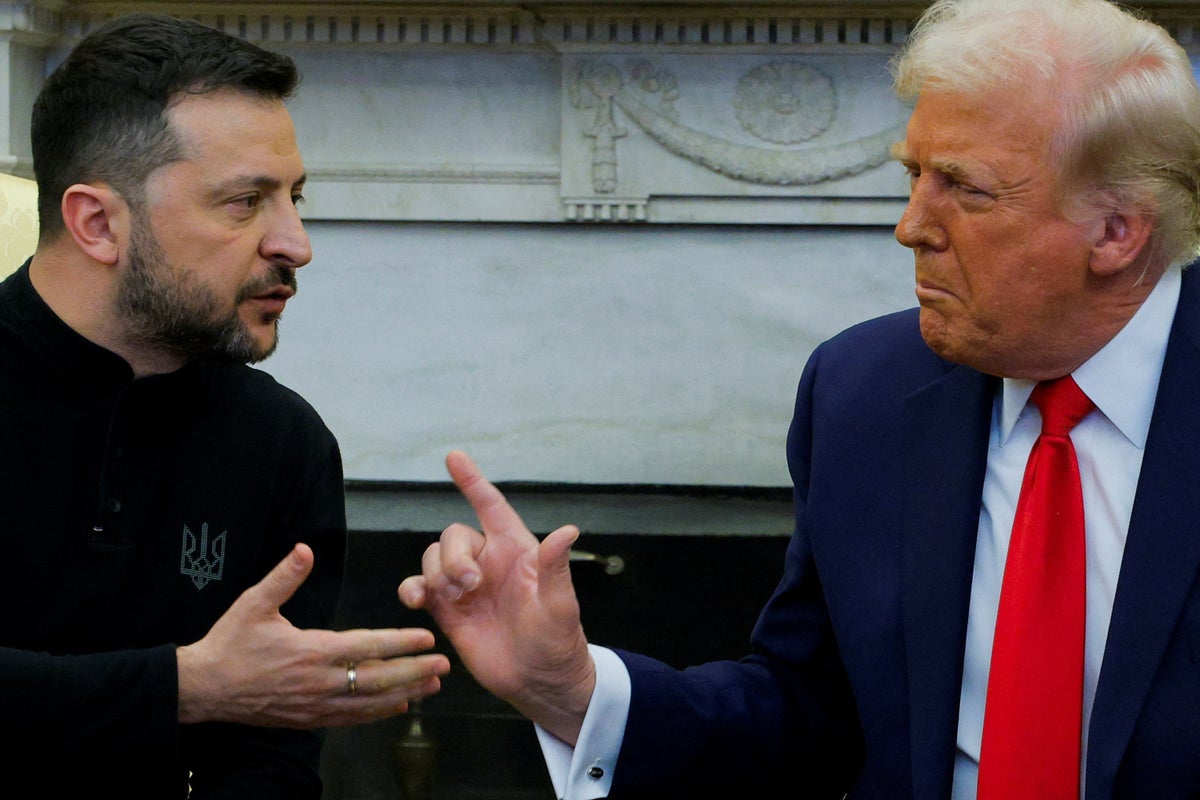From Trump Convictions to Assassination Attempts: How Prediction Markets Have Turned American Politics Into a Casino

Seen that way, Polymarket becomes a strange, almost quantum entanglement of political interests and market forces—and a reminder that, in practice, we don’t know much about how these betting markets operate. They could provide ample new possibilities for fraud, market manipulation, or somehow ensure that a bet resolves in one’s favor. The bankrupt crypto exchange FTX, for instance, ran a 2020-election-predictions market, which now imprisoned fraudster Sam Bankman-Fried described as a “surprisingly strong” onboarding funnel for new customers (whom he could later fleece).
It begs the question: Do betting companies gamble in their own markets as so many crypto exchanges, like FTX, have been caught doing? Are bad actors capable of manipulating betting odds or Polymarket’s automated market maker? I asked a couple of blockchain analysts if they knew of any studies of Polymarket or crypto-powered events-betting markets and came up empty.
There are more principled reasons for why we might not want to turn over some parts of life to the brutal volatility of gambling. After all, there’s a sense in which event-prediction markets can feel like trading in people’s lives.
In 2001, the Defense Advanced Research Projects Agency, under John Poindexter’s Information Awareness Office, sponsored the development of something called the Policy Analysis Market, which has been described as a futures market for trading in geopolitical risk. When its existence was publicly revealed in 2003, Democratic politicians denounced it as a market for betting on terrorism. Senator Tom Daschle called it “an incentive actually to commit acts of terrorism.”
“Trading on corn futures is real different than trading on terrorism and atrocity futures,” said Senator Ron Wyden at the time. “One is morally fine and represents free enterprise, and the other one is morally over the line.”
The program was canceled. But people involved with it, like Robin Hanson, have since insisted on its potential utility. “We planned to forecast military and political instability around the world, how U.S. policies would affect such instability, and how such instability would influence U.S. and global aggregates of interest, such as growth rates or oil prices,” Hanson later wrote. He argued that Democratic senators wanted to score points against the George W. Bush administration, while a sensationalist media had misrepresented what PAM was about. “Why did decision-makers feel that a research agency such as DARPA should not conduct research to see whether speculative markets might be useful in government intelligence?” Hanson asked.
Some in the military and intelligence establishment agreed. “Prediction markets can substantially contribute to US Intelligence Community strategic and tactical intelligence work,” wrote Puong Fei Yeh, an intelligence consultant, in an article lamenting PAM’s demise that appeared in Studies in Intelligence, a journal published by the CIA.
History gives us reason to worry, as Wyden and Daschle did, that some on the extreme political fringe would use betting markets to sow chaos. In the early 1990s, Jim Bell, a far-right libertarian writer active on cypherpunk mailing lists, wrote a series of essays outlining what he termed “assassination politics.” Cobbling together recent ideas about encryption, digital cash, and decentralization, Bell proposed a system where people could be awarded prizes for correctly “predicting” the deaths of people who appeared on “a list of violators of rights, usually either government employees, officeholders, or appointees.”
In practice, Bell wrote, this would amount to placing bounties on corrupt public figures, who would then be killed by assassins who could anonymously collect the bounties through the magic of encrypted digital money. In Bell’s bizarre interpretation of the law, this was all legal. It was even utopian, ensuring that politicians maintained good behavior—according to Bell’s rigorously narrow ideological standards. “No longer would we be electing people who will turn around and tax us to death, regulate us to death, or for that matter send hired thugs to kill us when we oppose their wishes,” wrote Bell, who later went to jail for tax evasion and was also convicted of stalking a federal agent. He even thought that this market could be turned on foreign leaders, rendering them peaceful and compliant.
Related
Sports Betting Giant Flutter Forecasts Strong U.S. Growth To Drive…
Flutter CEO Peter Jackson.Courtesy of Flutter Entertainment Flutter Entertainment, the world’s largest online gambling company, said that it’s expecting str
BetBlocker Enters US Responsible Gambling Market
The charity, originally from the UK, launched a US unit, BetBlocker US, as part of its North American entry. The organiz
Viewers react to ’embarrassing’ JD Vance comment toward Zelenskyy as…
Social media users watching clips of the heated meeting between President Donald Trump, Vice President JD Vance and President Volodymyr Zelenskyy have called a
Ukraine latest: Zelensky urges Trump to stand ‘more firmly on…
We have Zelensky's statement in full Below, we have Ukrainian president Volodymyr Zelensky’s statement in full after touching down in the UK following a fiery













